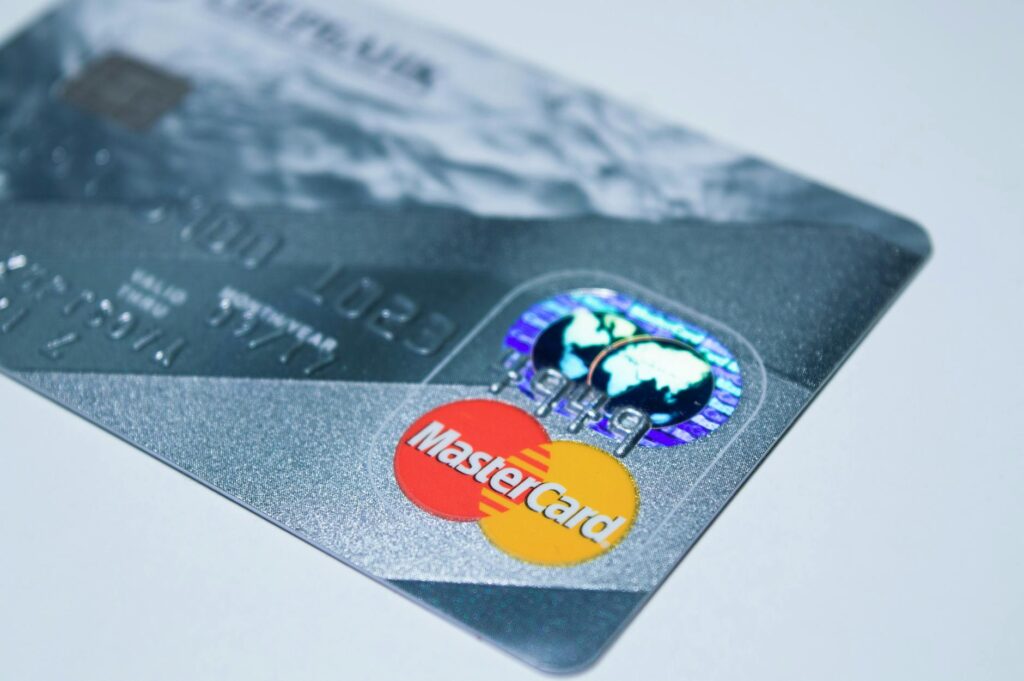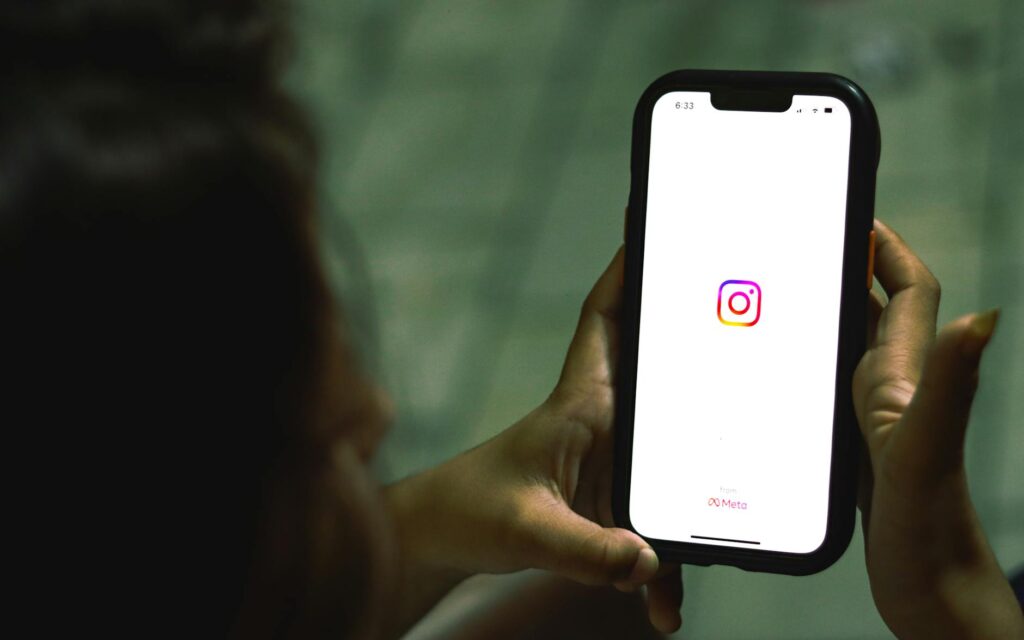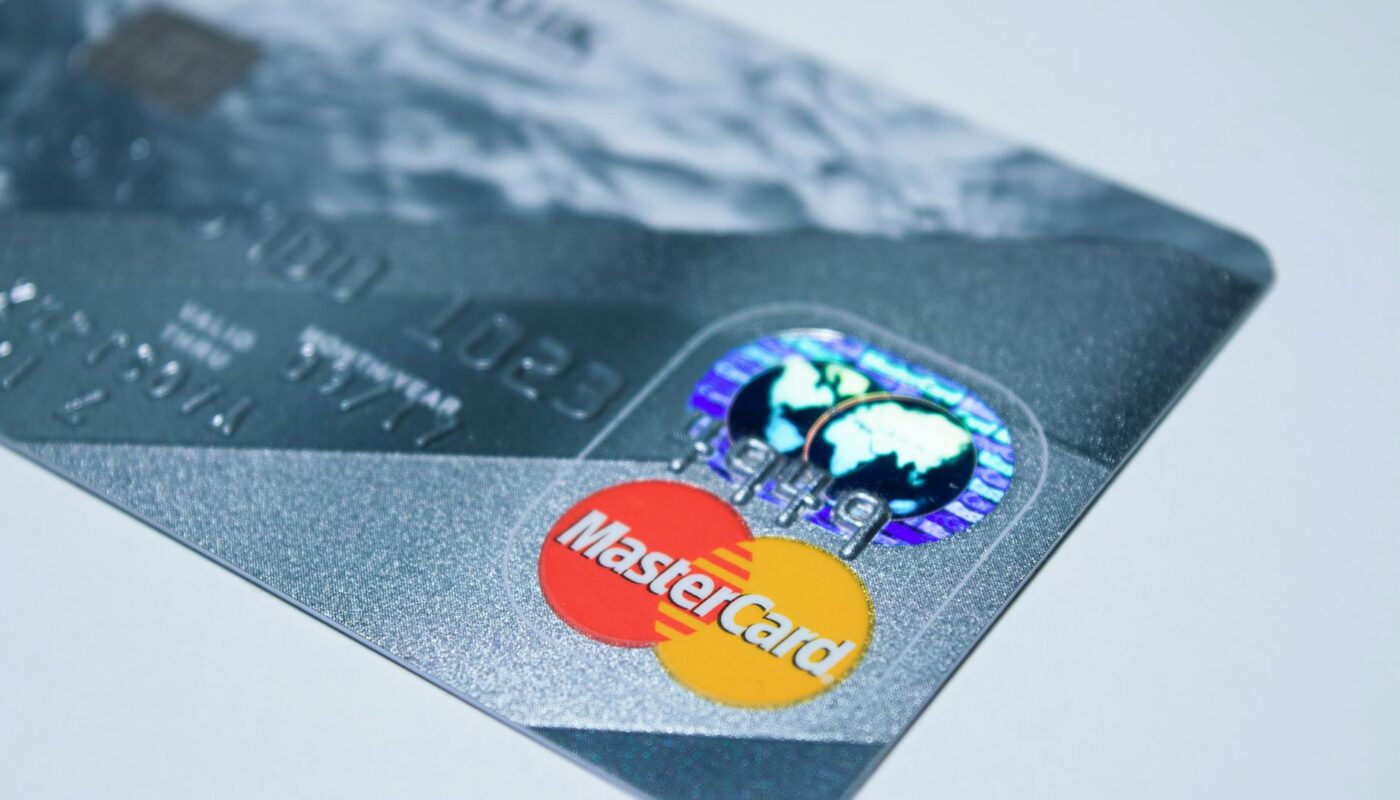Are you looking for ways to keep your finances healthy and avoid taking on new debt? You’ve come to the right place! In today’s world, it’s easy to slip into the debt trap, but with careful planning and mindful spending, you can break free and stay debt-free. Let’s explore some effective strategies to help you avoid new debt.
Understanding Your Spending Habits
Before you can effectively avoid new debt, you need to understand where your money is going. Track your spending for a month, noting every expense, no matter how small. Use budgeting apps, spreadsheets, or even a simple notebook. This will give you a clear picture of your spending habits and identify areas where you can cut back.  Identifying these areas is the first step to creating a budget that works for you.
Identifying these areas is the first step to creating a budget that works for you.
Creating a Budget
Once you know where your money is going, it’s time to create a budget. A budget helps you allocate your income to essential expenses, savings, and discretionary spending. There are many budgeting methods, such as the 50/30/20 rule (learn more here) or the zero-based budget. Find a method that suits your lifestyle and stick to it. Regularly review and adjust your budget as needed. Remember that creating and sticking to a budget is crucial for managing your debt.
Building an Emergency Fund
Unexpected expenses, such as medical bills or car repairs, can quickly derail your financial goals and lead to new debt. Building an emergency fund is a crucial step in avoiding this. Aim to save 3-6 months’ worth of living expenses in a readily accessible savings account. This safety net will allow you to handle unexpected costs without resorting to credit cards or loans.  This also helps avoid taking on new high-interest debt.
This also helps avoid taking on new high-interest debt.
Prioritizing Needs Over Wants
Differentiating between needs and wants is fundamental to avoiding unnecessary debt. Needs are essential for survival (food, shelter, clothing), while wants are things you desire but don’t necessarily need (new gadgets, luxury items). By focusing on your needs, you will avoid impulse purchases and frivolous spending that can lead to debt. Consider using the budgeting techniques discussed earlier to prioritize spending. [IMAGE_3_HERE]
Exploring Alternative Financing Options
Before taking out a loan or using a credit card, explore alternative financing options. Can you borrow from family or friends? Could you sell some possessions to raise funds? Could you postpone a large purchase until you have saved enough money? These options can often be less expensive and more manageable than taking on new debt. Consider the long-term implications before using any financing options.
The Power of Delayed Gratification
Delayed gratification, or the ability to resist short-term temptations in favor of long-term goals, is a powerful tool in avoiding debt. Instead of immediately buying something you want, take time to consider whether you truly need it and if you can afford it without going into debt. This mindset shift can significantly impact your financial health. Learn more about delayed gratification here.
By diligently following these strategies and consistently practicing mindful spending, you can effectively avoid new debt and build a secure financial future. Remember, financial freedom is attainable with conscious effort and planning.
Frequently Asked Questions
What is the best way to track my spending? There are many ways! You can use budgeting apps, spreadsheets, or even a notebook. The most important thing is to find a method that works for you and that you’ll actually use consistently.
How much should I have in my emergency fund? Ideally, you should aim for 3-6 months’ worth of living expenses. This will give you a cushion to handle unexpected costs without going into debt.
What if I already have debt? If you already have debt, the first step is to create a budget and prioritize paying it off. Consider strategies like the debt snowball or debt avalanche method to accelerate the repayment process.
What are some good resources for learning more about personal finance? There are many great resources available online and in libraries. Some websites and books offer valuable advice on budgeting, saving, and debt management.
How can I improve my discipline when it comes to spending? Start small by setting realistic goals and gradually building up your discipline. Reward yourself for your progress to stay motivated.



